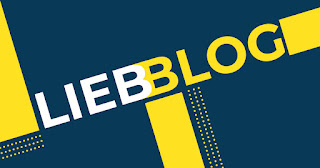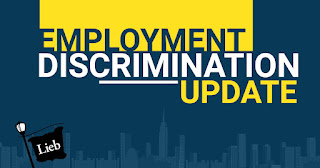The 15 public school teachers who challenged New York City’s COVID-19 vaccine mandate live to fight another day in court.
The teachers have refused to comply with the City’s mandate arguing that compliance with the COVID-19 vaccine mandate is a violation of their religious rights under the First Amendment’s free exercise clause.
The Court determined that the reasonable accommodation standards in the City's vaccine mandate was unconstitutional as applied to the 15 teachers because the mandate required employees who requested a religious exemption to the COVID-19 vaccine mandate to submit a letter from a religious leader confirming the validity of the employee's religious beliefs. If the religious leader had well-documented public comments in support of taking the vaccine, the request for exemptions would be denied.
The Court reasoned as follows:
Denying an individual a religious accommodation based on someone else's publicly expressed religious views-even the leader of her faith-runs afoul of the Supreme Court's teaching that "[i]t is not within the judicial ken to question the centrality of particular beliefs or practices to a faith, or the validity of particular litigants' interpretations of those creeds."
However, the Court declined to extend protections against the mandate to all teachers stating that the mandate itself was "a reasonable exercise of the state's power to act to protect the public health."
Based on this decision, employers should only consider the employee's specific religious beliefs (in determining whether they are "sincerely held") when processing a reasonable accommodation request. Someone else's belief - even if it is a religious leader - is irrelevant.












